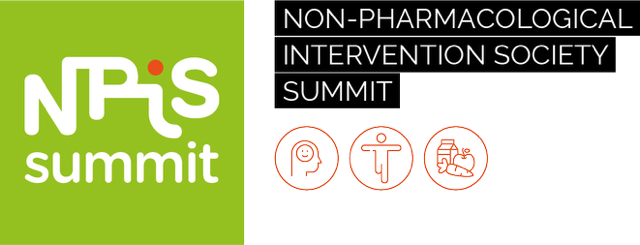Digital phenotyping of agency for healthcare applications
1|Antoine Oudin|Humans Matter|Infrastructure for Clinical Research in Neurosciences, Paris Brain Institute, Sorbonne University; Department of Psychiatry, Pitié-Salpêtrière Hospital, Public Hospitals of Sorbonne University,|France|
2|Valentine Facque|Humans Matter|Humans Matter|France|
3|Alexandre Beaussier|Humans Matter|Humans Matter|France|
4|Xavier Briffault|Briffault|Centre for Research in Medicine, Sciences, Health, Mental Health, and Society (CERMES3), National Centre for Scientific Research,Université Paris Cité, Paris|France|
5|Stéphane Mouchabac|Mouchabac|Department of Psychiatry, Saint-Antoine Hospital, Public Hospitals of Sorbonne University; 1. Infrastructure for Clinical Research in Neurosciences, Paris Brain Institute, Sorbonne University- Institut national de la santé et de la recherche médicale – Centre national de la recherche scientifique|France|
6|Stéphanie De Chalvron|Humans Matter|Humans Matter|France|
Digital and mobile health technologies are receiving growing attention in various healthcare domains, including mental health (1,2). Digital phenotyping, the analysis of user interactions with digital devices to profile behaviors, is emerging as a promising tool for clinical applications in mental health. By generating digital signatures of pathologies and patient profiles, it offers an avenue beyond relying solely on subjective patient reports (3,4).
Subjective reports generally consist of psychometric scales evaluating behaviors. Here we hypothesize that digital data can be a marker of psychometric scales assessing individuals’ agency, a key aspect of health behavior (5,6).
We explore this hypothesis by analyzing data collected in 30 unemployed participants (9 females, mean age= 45.8±10.3) who completed a 20-week professional integration program. As part of the program, participants engaged with a smartphone app, completing agency-related psychometric questionnaires (7), and participating in activities at their discretion (40 challenges and 8 cognitive games).
We are currently testing the relations between the agency self-reports and collected meta-data i.e., the frequency of connections to perform activities, the variety of activities, the total time spent per day. Based on this meta-data, hierarchical clustering using dynamic time warping allowed to cluster participants into two user profiles. Our preliminary results suggest that engaged (N=12) vs non engaged users (N=18) report lower perceived stress and external control, thus providing digital patterns of agency-related psychometric questionnaires.
This investigation takes a step toward understanding whether digital data can serve as markers of agency, potentially identifying users who do not fully benefit from health interventions due to low engagement. By improving personalized care towards patient-centered approaches, integrating digital phenotyping into healthcare can enable shared decision-making with professionals for tailored actions and treatments. Dynamic agency markers can offer feedback, empowering individuals to actively participate in their healthcare journey.

